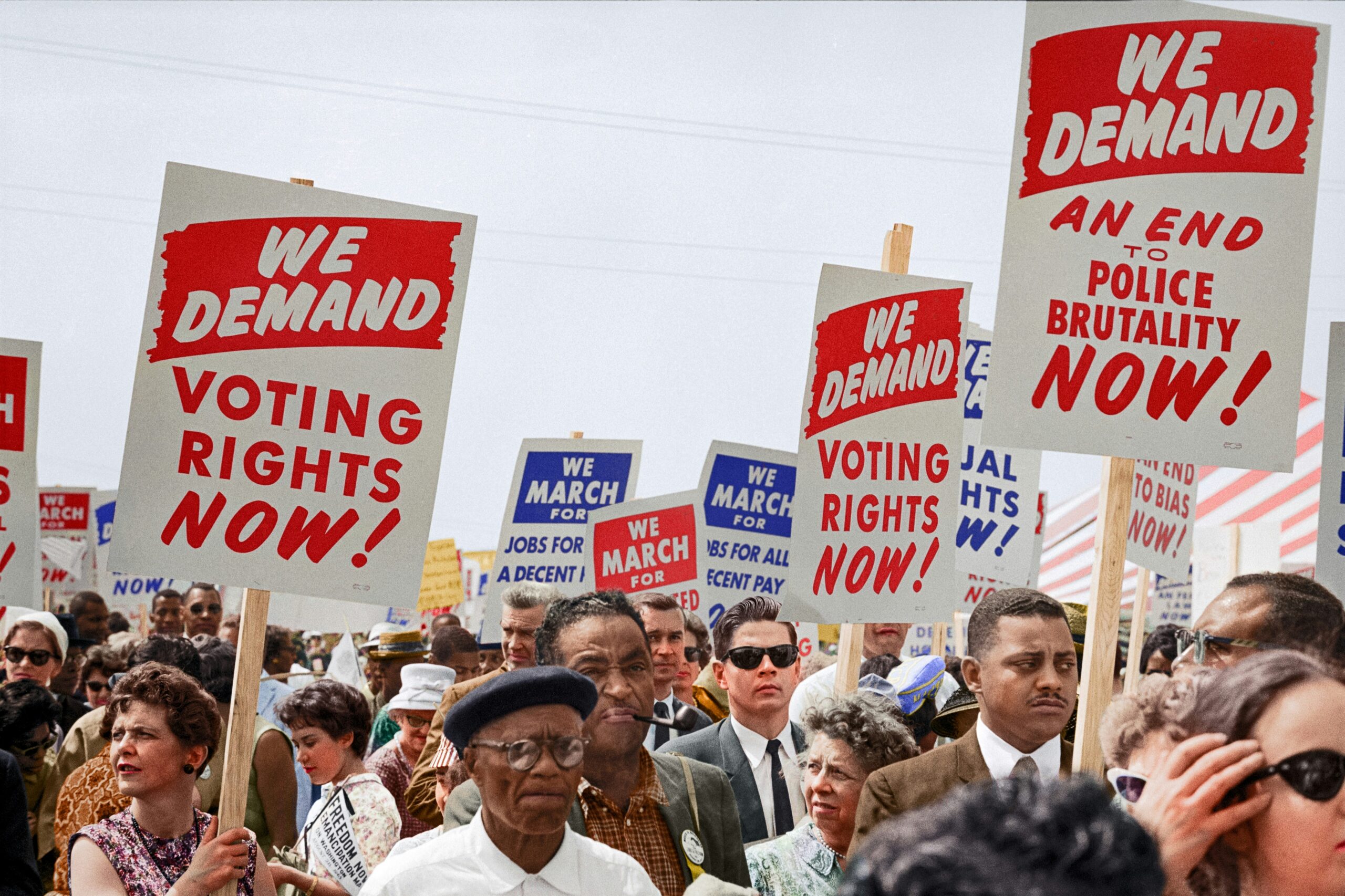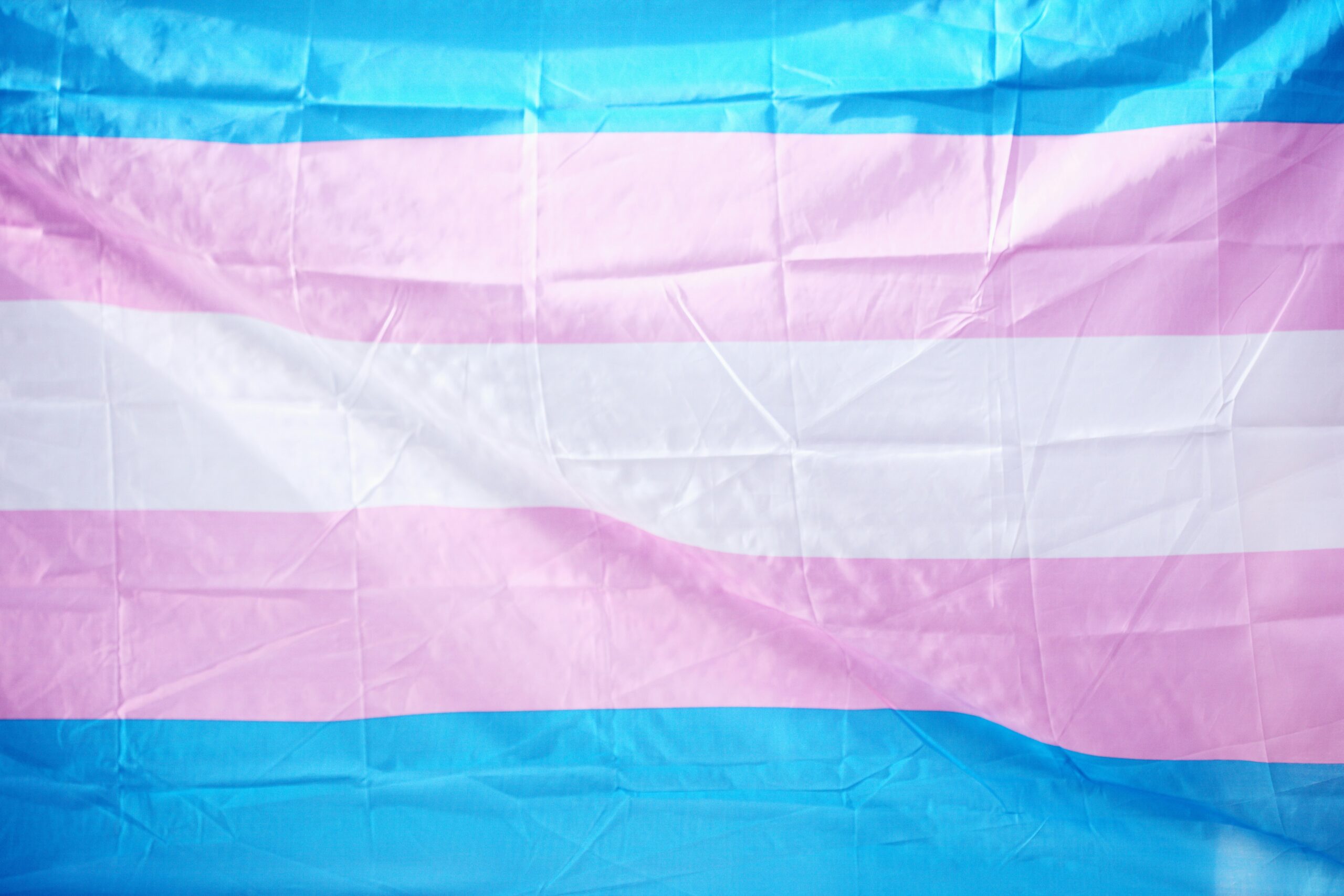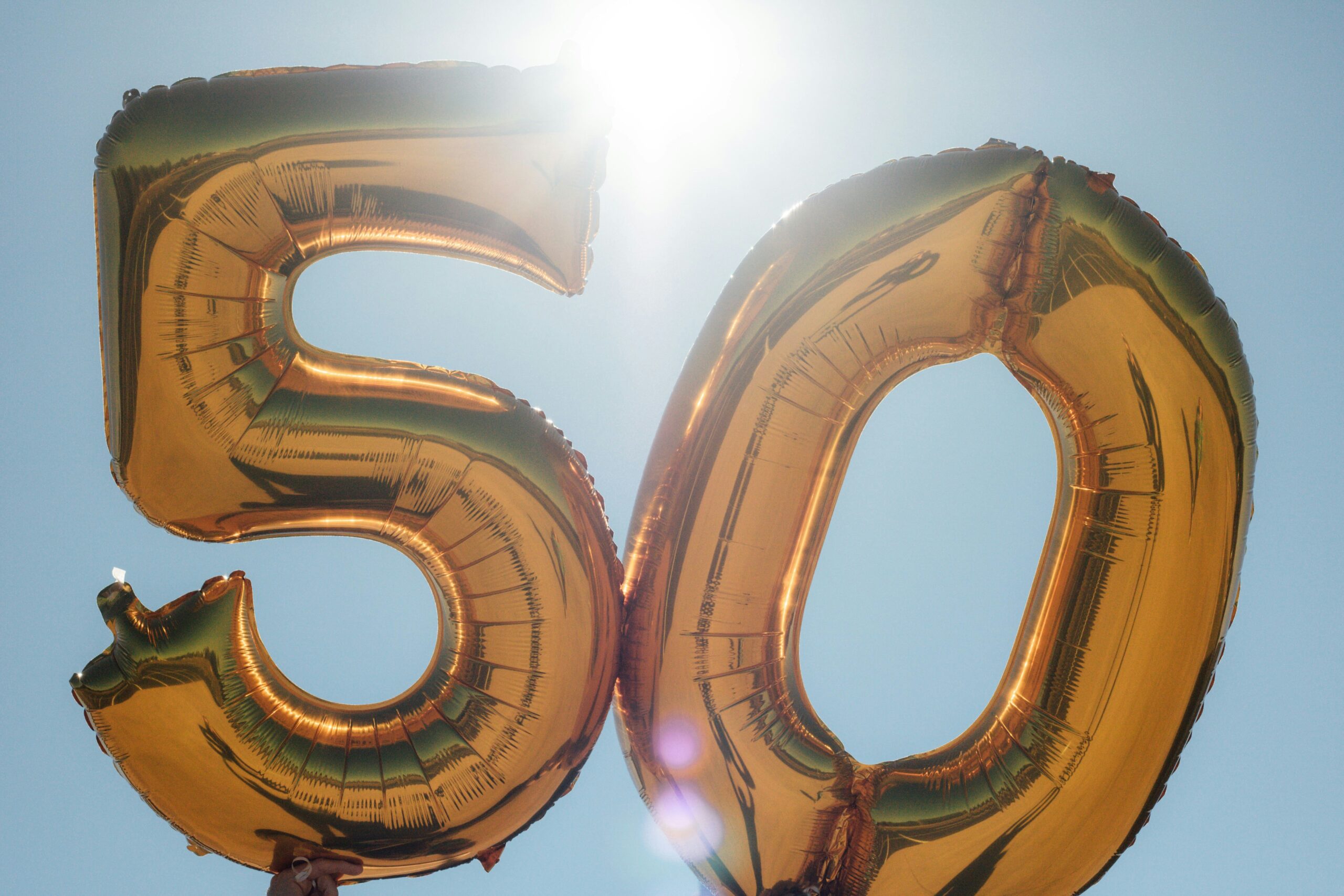
I used to say that I didn’t like seafood. Sure, I’d eat fish sticks and shrimp, but anything seafood related that I would eat had to be pulverized and breaded to the point where it was barely recognizable.
A friend introduced me to the wonders of real seafood recently- crab legs dipped in butter sauce, perfectly seasoned scallops and seafood bags that seem endless in their delicious variety. It made me ask myself, why did I dislike seafood in the first place?
At first, I thought the answer was that seafood can be alot of work. You have to crack open crab legs, peel and devein shrimp, clean fish, and so on. But in reality, that doesn’t take much longer than any of the other food prep I’ve done. It was the work itself. Removing veins, eyes and heads was not something I had to do with my other food.
Basically, I disliked it because it reminded me that it used to be alive at one point.
This revelation dovetails with another that I had during the depths of isolation during the pandemic. I was weighing the pros and cons of going vegetarian again. I realized that while it was possible to stop eating animals, it was impossible to stop killing things to live. Plants are alive, as are the fruits and vegetables we harvest from them (here’s another interesting discussion of this topic). My life can only be sustained with other life, and there’s no way around it. Of course, plants look and function differently enough from us that it’s hard to feel a sense of shared empathy with an apple.
The same is true for the ways that our food is prepared. When I go to the store, a pound of ground beef or chicken breasts are so abstracted from the animals they actually come from that they might as well be as different from me as the apple is. I’m not buying the remains of a living animal, I’m buying “meat.” Even the cooked versions of those meats bear no resemblance to their former lives.
Seafood fundamentally challenges that disassociation. You are cracking open the leg of a crab. There’s no abstraction for that. You go into the store and see whole fish. The lobsters are swimming around until you kill it yourself. The reality of consuming life stares you in the face in a way that other food doesn’t.
That’s why I found it gross for so long. It wasn’t the food itself, but my immaturity in navigating the moral ground of literally living. The pandemic finally drove home that the moral clarity I strove for does not exist. I stayed home and safe during the pandemic while others had to work and die to feed me. That makes me a bad person, but a bad person who’s still alive. I have to live with that.
And so I learned that life requires life. There’s no moral clarity around vegetarianism for me either, not if the point is to preserve life. I’ve accepted that, so I don’t mind when the lobster stares back anymore. It’s him or me, the virus or me, the apple or me. Someday I’ll lose, and the plants and animals will eat me. There’s nothing gross about being reminded that a living thing sustains me.
Instead, I feel grateful. I feel a connection to seafood now that I don’t feel slinging ground turkey around. This era of seafood is helping me to understand where I belong in this universe. And it’s fucking delicious.











I’ve often wondered how much of vegetarianism comes down to squeamishness.
“Consider the Lobster” by David Foster Wallace: http://www.columbia.edu/~col8/lobsterarticle.pdf